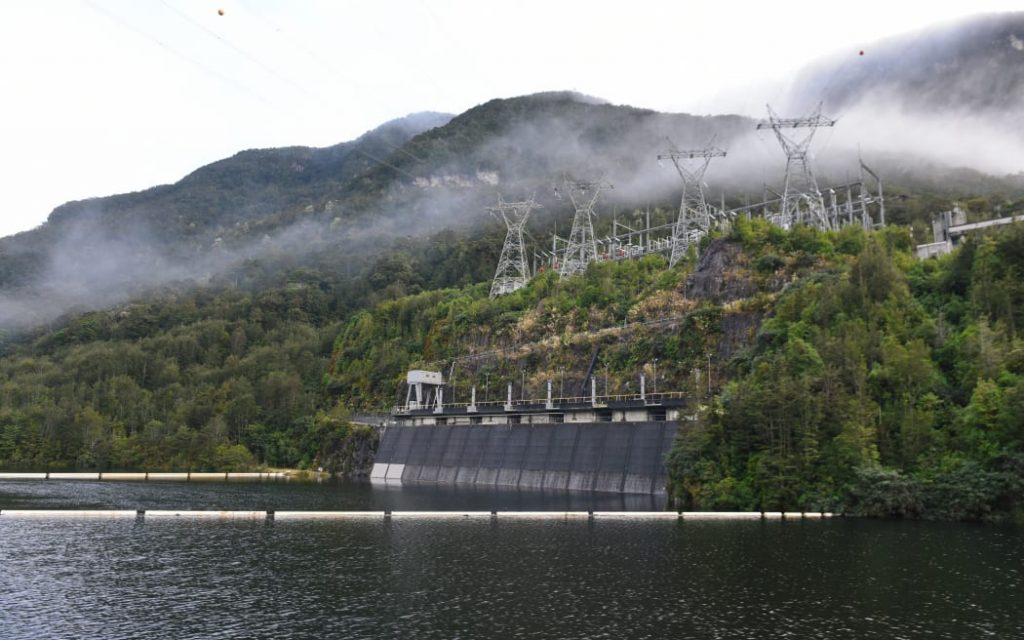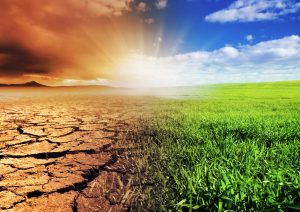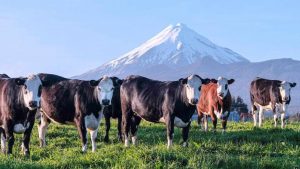
New Zealand has dropped seven places in an international climate change league table, to 41st place.
The 20th annual Climate Change Performance Index said New Zealand still had an ambitious climate target for 2030 but it was not clear how it was going to meet it, with the new government having scrapped policies boosting public transport and delayed pricing greenhouse gases from farming.
The authors said New Zealand had “taken significant backwards steps in climate policy” since the last rating, despite having high renewable electricity generation from its hydro dams and the same framework of climate laws it had last year.
Denmark, the Netherlands and the UK took the highest spots, with Iran, Saudi Arabia, the UAE and Russia at the bottom with renewable making up less than 3 percent of their energy mixes and “no sign of departing from fossil fuels as a business model,” according to the report.
The world’s largest emitters, China and the US, ranked very low with China slightly ahead of the US.
The ratings were calculated by three non-profit climate organisations – Germanwatch, NewClimate Institute, and CAN International – with help from local climate lobbyists: WWF New Zealand, Lawyers for Climate Action New Zealand, and Oil Change International.
The rankings cover climate policy and renewable energy in 63 countries plus the European Union, representing 90 percent of global emissions.
The authors said renewable energy was growing rapidly almost everywhere, but fossil fuels were not being phased out quickly enough, especially gas.
Sixty-one of the 64 countries had increased their share of renewable in the energy mix over the past five years.
The United Kingdom was this year’s big climber, in 6th place, because of the phase-out of coal-fired electricity generation and the government’s pledge against new licences for fossil fuel projects.
Argentina dropped to 59th with a newly elected president who denies human-made climate change.
In China, which ranked 55th, a massive expansion of renewable energy was set against a heavy dependence on coal and what the report called “insufficient” climate targets. The author said China’s emissions appear near their peak.
The EU as a whole was a strong performer, with no low-ranked members.
Greenpeace spokesperson Amanda Larsson said the New Zealand’s seven-place drop showed it was “quiet quitting” on climate change, with the reversal of the oil and gas ban and the removal of agriculture from the Emissions Trading Scheme.
She said the coalition government was “saying they are committed to climate action while simultaneously rolling back virtually every single initiative that would actually reduce emissions”.
Greenpeace said New Zealand’s backsliding would make it harder to sell butter and farm products into international markets, when the highest ranked countries – Denmark, the Netherlands and the UK – were trading partners and competitors for exports.
RNZ has approached Climate Change Minister Simon Watts for comment. The minister was in Baku, Azerbaijan at the COP29 global climate summit.
You can now read the most important #news on #eDairyNews #Whatsapp channels!!!
🇺🇸 eDairy News INGLÊS: https://whatsapp.com/channel/0029VaKsjzGDTkJyIN6hcP1K
























